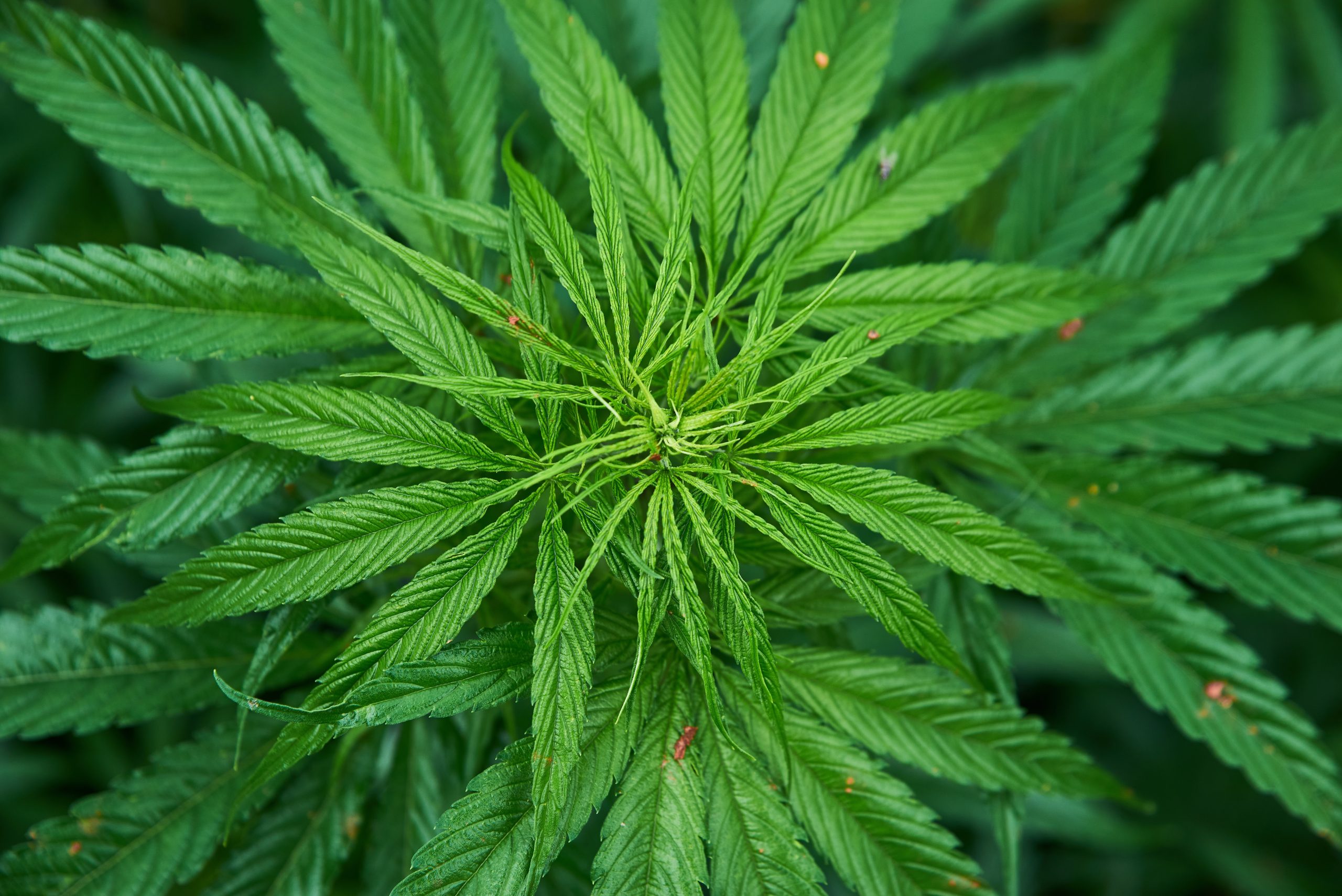I support medical use of marijuana. There’s a clear moral distinction between medical and recreational use.
But because recreational use of marijuana has gained wide acceptance in American society, I feel the need to address this subject. To America’s sixty million recreational pot users, I say unequivocally that getting high is immoral. Just like getting drunk is immoral. Here’s what the bible says about intoxication:
Do not get drunk on wine… but be filled with the Spirit. Ephesians 5:18
A legalist might say “Well the bible says nothing about marijuana, so it must be OK.” False. This verse, like Proverbs 23:29-35, warn us against intoxication. Pot, unlike alcohol, is used for the purpose of becoming intoxicated. Even if it’s less dangerous than alcohol in impairing the user’s judgment, it is categorically immoral because it is used to escape reality.
NY Times writer Charles Lehman, in his July 3rd article, points out that marijuana is an addictive substance. He cites a federal survey that indicates that in 2023 19 million pot smokers had CUD (Cannabis Use Disorder), meaning that they continued to smoke pot despite negative consequences and despite wanting to decrease their use. Moreover, the journal Addiction states that nearly half of regular cannabis users will experience “marijuana withdrawal” – anxiety, irritability, anger, depression, and sometimes chills, headaches, physical tension, sweating, and stomach pain.
Are we still believing that lie that pot is not physically addictive? These sure sound like physical symptoms to me.
More to my point, though, is that pot is emotionally addictive. Many users use it simply to cope with life. They light up before work or when facing a difficult emotion. God forbid we ever have to rely on these people to defend us in war or make a living during an economic depression. Or be the parent of a disabled child. Or caregiver for an aging parent. Or anything that requires doing something hard.
But Lehman – whom I thank for bursting the “pot is harmless” myth — says in his article “People with CUD have a health problem, not a moral problem.” That’s incorrect. The moment you choose intoxication, you have a moral problem. (Why, by the way, do so many like Lehman lack the courage to say something is actually immoral? That’s not just cowardly, it’s also callous. People we actually love we do not hesitate to correct if their path is leading off a cliff.)
Morality is a theory of the good life. It’s a theory about what leads to true happiness – and that requires moral judgment. I accept the price of making moral judgments, and that’s why my knees don’t buckle if people think me a judgmental prude. After they hit bottom they’ll realize I was showing them love.
IF they hit bottom. The reality is that some people just keep falling because they’re oblivious to how bad their lives are getting. (“Denial is not just a river in Egypt”). If you’ve read Luke 16:19-31 you know it’s even possible for people to be in hell and not know it. CS Lewis illustrated this in his brilliant short book The Great Divorce. That’s how blind we can become to what’s right and wrong. People who rely on intoxication for recreation or coping are blind to what they are doing to themselves. They don’t see how life can be with God. Either that or they are too weak to do the emotional work of pursuing that life.
The weak person becomes strong through the hope Jesus Christ brings. Not through intoxicating himself.
Hmm, here’s a thought: what if reality is actually beautiful? What if there is such a thing as God, who is love and forgiveness and life eternal? What if faith in Him plants a hope inside you that’s powerful enough to not only help you cope with hardship but also sing and praise God through it?
And what if intoxication blinds you to that reality?
Then intoxication is immoral. Always.


0 Comments